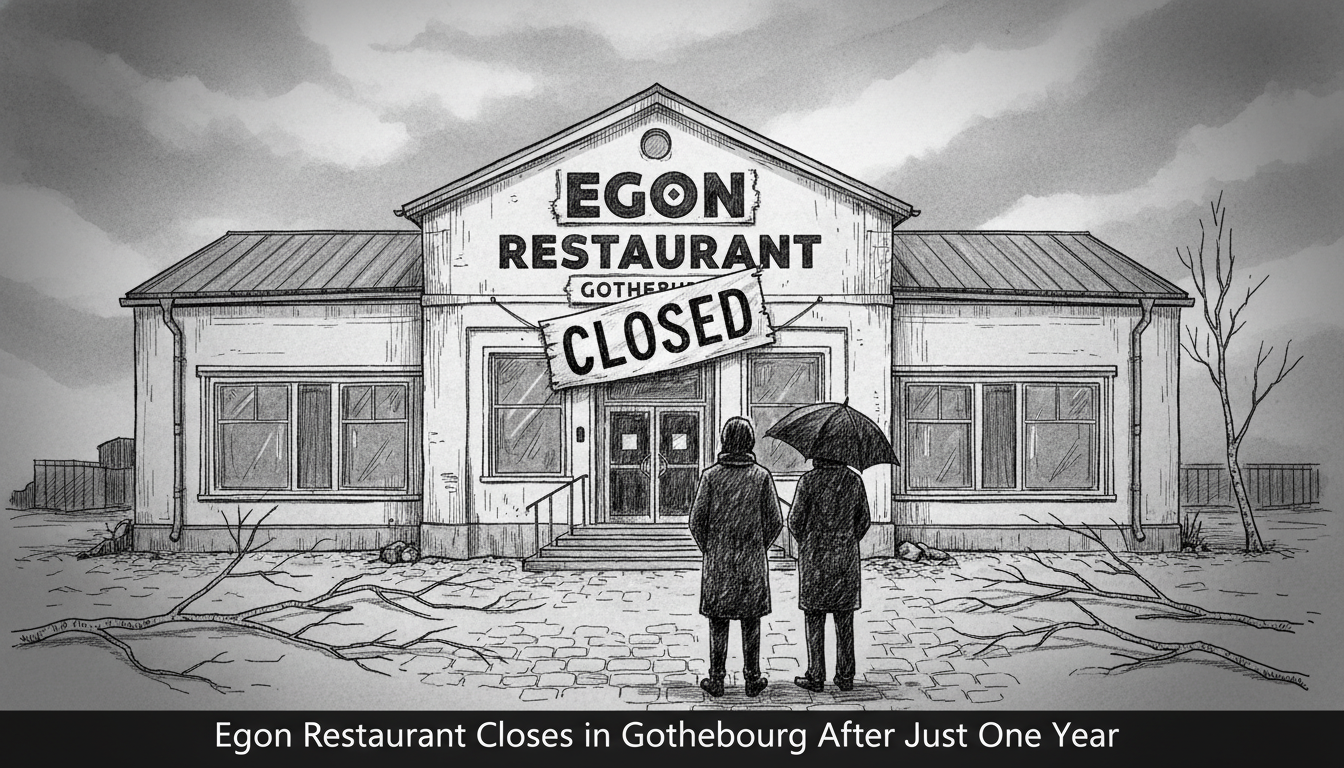The Egon restaurant in central Gothenburg has closed its doors after barely more than one year of operation. The establishment opened just last summer at Harry Hjörnes plats in the heart of Sweden's second-largest city. Peter Eriksson, the establishment manager, confirmed the closure was purely business-driven. He explained the decision in a straightforward statement to media.
This closure highlights the challenging restaurant landscape in Swedish urban centers. Gothenburg's city center has seen numerous restaurant closures in recent years. High rents, staffing costs, and changing consumer habits create a difficult environment for food service businesses. The COVID-19 pandemic accelerated these trends, leaving many establishments struggling to recover.
Egon is part of a larger Norwegian restaurant chain with locations throughout Scandinavia. The brand specializes in casual dining with broad appeal. Their Gothenburg location occupied a prime position near the city's main shopping districts and cultural attractions. Despite this advantageous location, the restaurant failed to establish a sustainable customer base.
What does this mean for Gothenburg's restaurant scene? The city has traditionally been known for its vibrant food culture. Recent economic pressures have forced many business owners to reconsider their operations. Rising food costs and energy prices add to the financial strain. Many restaurants now face the difficult choice between raising prices or reducing quality.
The timing of this closure is particularly noteworthy. Sweden's economy shows signs of slowing after periods of strong growth. Consumer spending on dining out has decreased as households tighten their budgets. Restaurant visits now represent more of a luxury than a regular expense for many families.
International readers might wonder about the broader implications. Sweden's service sector employs a significant portion of the workforce. Restaurant closures contribute to unemployment and reduce urban vitality. They also affect tourism, as visitors often judge cities by their dining options.
Looking forward, what can other restaurant owners learn from this case? Location alone cannot guarantee success. Even prime spots require careful financial planning and market adaptation. The Gothenburg restaurant market remains competitive despite these challenges. New establishments continue to open while others close their doors.
This pattern reflects the natural cycle of urban business environments. Successful restaurants must offer unique value propositions beyond mere convenience. They need strong branding, consistent quality, and effective cost management to survive in today's market conditions.

